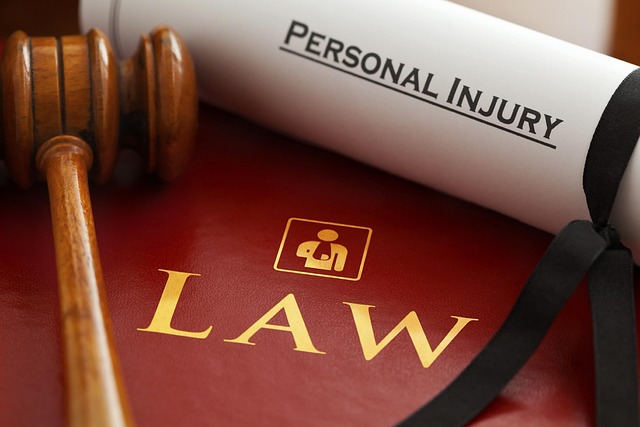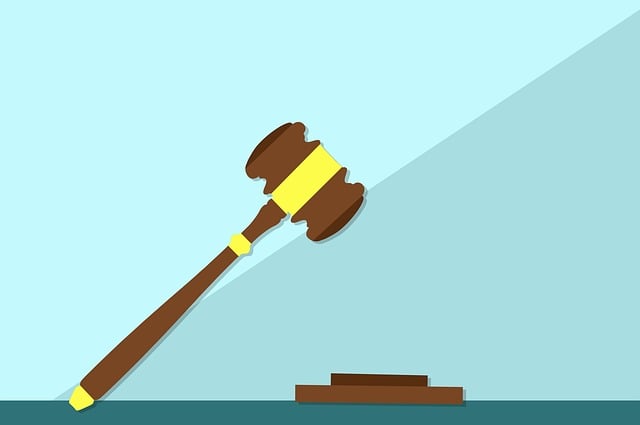Criminal law enforcement's multifaceted nature involves various stakeholders, with prosecutors deciding charges based on evidence from law enforcement, especially in high-stakes cases. Global antitrust regulations are vital for avoiding indictment and promoting transparency in cross-border mergers, aiming to prevent anti-competitive behavior and protect consumers. Enforcing these regulations presents challenges due to distinct country rules and complex merger controls, demanding collaboration between global authorities and criminal defense attorneys. Successful outcomes in the review process depend on effective communication, nuanced understanding of antitrust frameworks, and thorough market analysis, enabling regulatory bodies to make informed decisions and avoid legal battles.
“Delve into the intricate world of criminal law enforcement, where understanding global antitrust regulations is paramount for managing cross-border mergers. This comprehensive guide explores key roles and jurisdictions within criminal law, shedding light on how international merger controls navigate complex legal landscapes.
From the surface of bustling global markets to the labyrinthine intricacies of antitrust laws, we uncover practical considerations and successful case studies, offering insights into effective strategies for navigating these challenges.”
- Understanding Criminal Law Enforcement: Key Roles and Jurisdiction
- Global Antitrust Regulations: A Brief Overview and Their Impact on Cross-Border Mergers
- Challenges in Enforcing International Merger Controls: Legal and Practical Considerations
- Case Studies: Examining Successful Cross-Border Merger Reviews under Antitrust Laws
Understanding Criminal Law Enforcement: Key Roles and Jurisdiction

Criminal law enforcement is a complex web involving various stakeholders each playing a crucial role. At the heart of it all are law enforcement agencies, responsible for investigating and preventing crimes. These agencies operate within a defined jurisdiction, be it local, state, or national, ensuring that laws are enforced fairly and consistently. Internationally, global antitrust regulations and cross-border mergers add another layer to this intricate system.
One key player is the prosecutor, who decides whether to charge individuals or businesses based on the evidence gathered by law enforcement. This decision can be pivotal in high-stakes cases, where corporate interests and public safety collide. Moreover, understanding the respective business practices and their impact on global markets, particularly in terms of cross-border mergers, is essential to avoiding indictment and fostering a transparent, competitive environment under international antitrust regulations.
Global Antitrust Regulations: A Brief Overview and Their Impact on Cross-Border Mergers

Global Antitrust Regulations play a pivotal role in shaping the landscape of international business, especially when it comes to cross-border mergers and acquisitions. These regulations are designed to prevent anti-competitive practices that could distort markets and harm consumers. With globalized economies, businesses operating across borders must navigate a complex web of laws and guidelines, ensuring their actions do not infringe upon these restrictions.
The impact of these regulations on cross-border mergers is profound. Companies with an unprecedented track record in compliance often find themselves at an advantage when entering new markets. Conversely, failure to adhere to these standards can result in stringent penalties and even a complete dismissal of all charges in severe cases of white collar and economic crimes. This underlines the importance of careful planning and understanding of global antitrust laws to ensure successful international expansion.
Challenges in Enforcing International Merger Controls: Legal and Practical Considerations

Enforcing international merger controls presents unique challenges due to the intricate web of global antitrust regulations and cross-border mergers. As businesses expand globally, they often merge or acquire companies across different jurisdictions, making it difficult for law enforcement agencies to navigate the complex legal landscape. Each country has its own set of rules and guidelines governing mergers and acquisitions, adding another layer of complexity when investigating potential anti-competitive practices.
The challenges extend beyond the legal realm; practical considerations play a significant role. Investigating cross-border mergers requires coordinated efforts between authorities worldwide, as evidence and witnesses may be scattered across multiple nations. This collaboration is essential to ensure a comprehensive understanding of the merger’s impact on global markets and to avoid jurisdictional conflicts. Moreover, keeping up with evolving Global Antitrust Regulations and adapting to changes in Cross-Border Mergers demands constant vigilance from general criminal defense attorneys throughout all stages of the investigative and enforcement process.
Case Studies: Examining Successful Cross-Border Merger Reviews under Antitrust Laws

The review and approval process for cross-border mergers under global antitrust regulations is a complex yet essential aspect of international business. Case studies offer valuable insights into how authorities navigate these intricate matters, ensuring fair competition across markets. When examining successful cross-border merger cases, several key factors emerge as catalysts for achieving extraordinary results.
For instance, effective communication and collaboration between regulatory bodies across the country are pivotal. This involves a deep understanding of each jurisdiction’s unique antitrust framework while fostering transparent dialogue to streamline the review process. Moreover, authorities must meticulously analyze the potential competitive impact, considering market structure, affected consumers, and the presence of alternative competitors. By carefully studying these aspects, regulatory bodies can make informed decisions, avoiding jury trials and ensuring mergers contribute positively to global economic landscapes.
In conclusion, understanding the intricate interplay between Global Antitrust Regulations and Cross-Border Mergers is paramount for legal professionals navigating complex international transactions. By examining key roles within criminal law enforcement, global antitrust frameworks, and successful case studies, this article highlights both the challenges and opportunities presented by these mergers. As businesses increasingly operate across borders, effective enforcement of antitrust laws remains crucial to fostering fair competition and protecting consumers worldwide.






